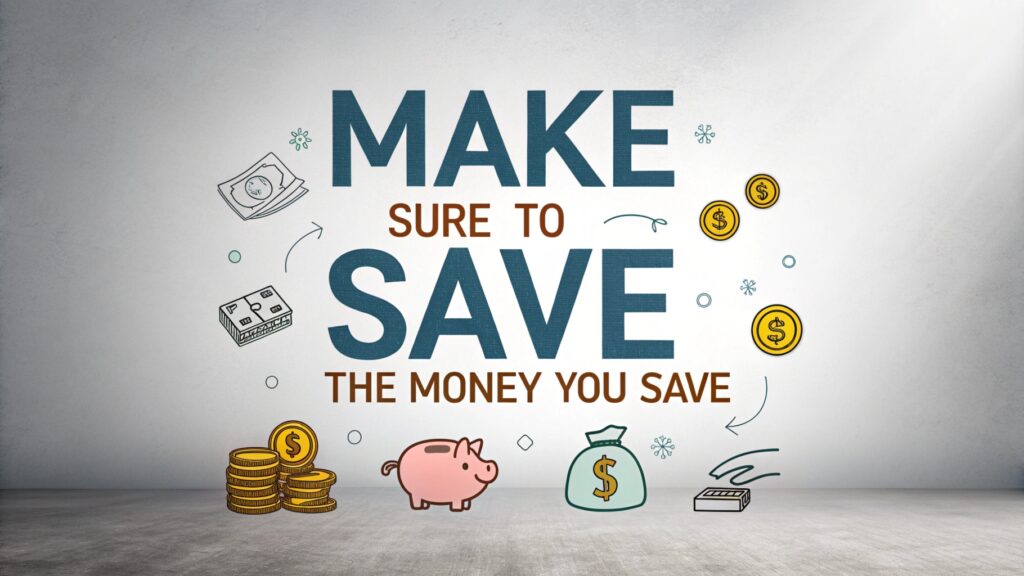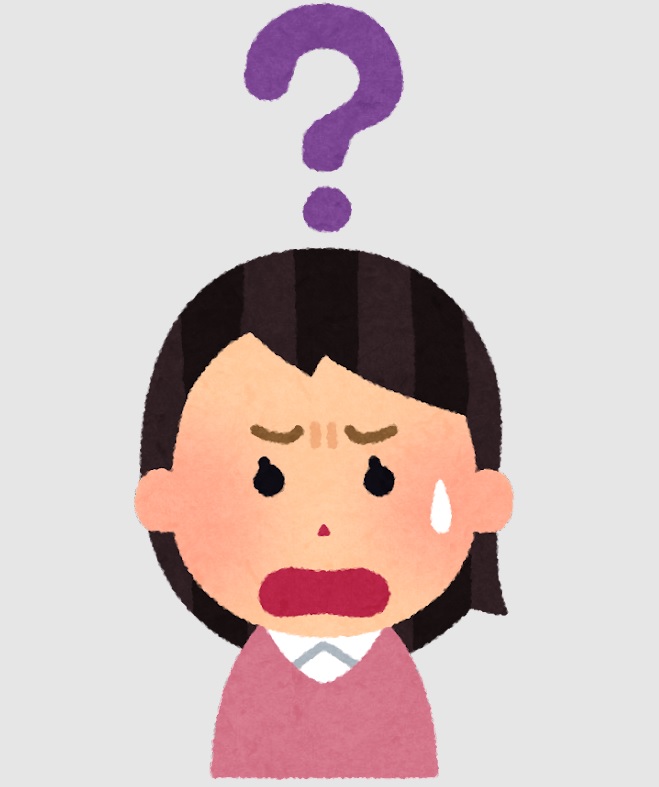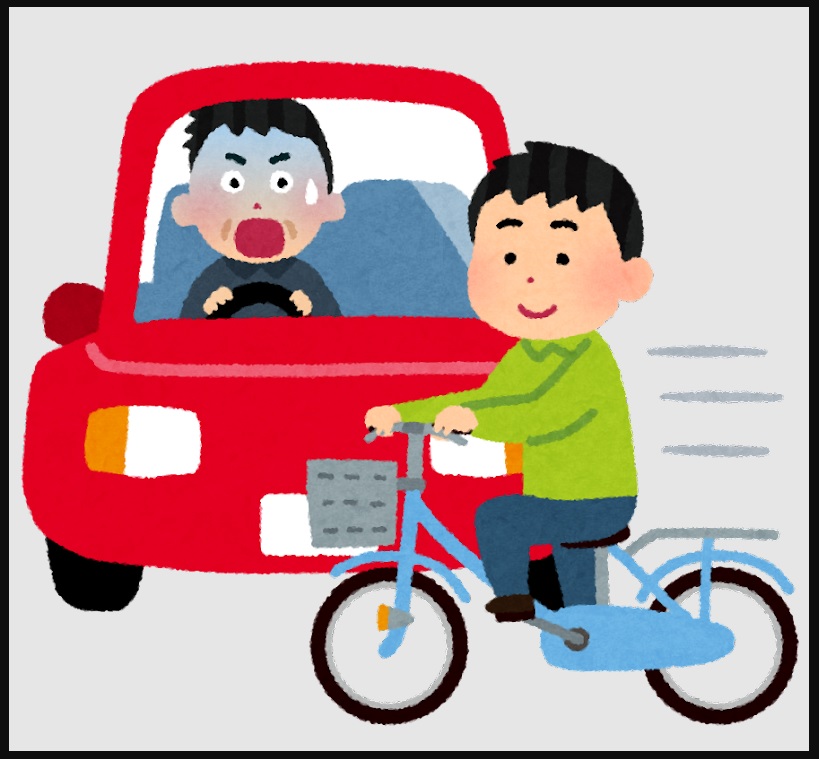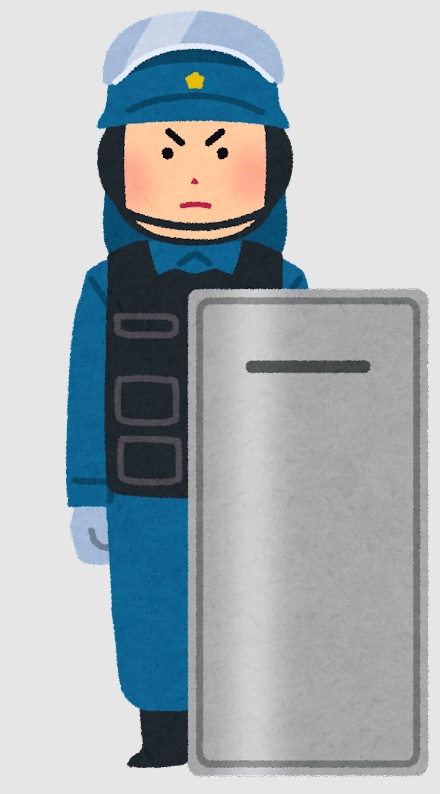「損得の為に入るものじゃない|保険は番人」
〜前回のつづき〜
●保険貧乏から卒業~生活防衛資金で未来を守る~(つづき)
.png)
保険全般に言える事ですが
『必要な最低限の保険に絞る』
という事です。
今までの保険の話でも
ずっとお話ししてきました。
必要な最低限の保険に絞る。
これですよね。
ずっと言ってる
・火災保険
・自動車保険(車両保険は不要)
・生命保険(掛け捨て)
必要な保険はほぼこれだけです。
自転車保険は火災保険とセットのもので
月に数百円なのでそれでいいと思います。
掛け捨ての生命保険は
もしも自分の身に何かがあったら
本当に生活出来ない家族がいる場合のみ。
ほとんどが成人前の子供がいる場合。
自動車も持ってなければいらないですし
火災保険も
別に自分で家を買った場合に
入っておけばいいので
賃貸に入っておけばいいんですけど
火災保険に入っても
金額はたかが知れてる。
本当に必要な保険に絞る。

浮いた分をちゃんと貯金しておく
というのがやはり大事です。
最低限必要な保険に絞るという事で
・医療保険
・積立型保険
・車両保険
などなど本当にいらない保険が多いので
そういう保険に入ると
なかなか貯金しづらくなっちゃう。
だから
必要最低限の保険にちゃんと絞る
ということです。
保険の本来の目的を見失わない
というのが大事です。
●損得じゃない~大切なのは“いざ”に備えること~

これもずっとお話ししてきた
保険に入る目的は
『いざという時に生活が困窮しない為』
です。
損したとか得したとか
そういう事ではないです。
地震はもちろん
壊滅的な被害を受ける
可能性は有ります。

「だから保険は入っておかなくちゃ
いけないんじゃないの?」
地震保険だけは
生活を再建できるだけの金額にしては
心もとないんですよね。
リターンが合わない。
他の
・自動車保険
・生命保険
・火災保険
というのはいざという時に
出る保険金の金額と
掛ける金額とが合うんですよね。

あと自動車乗るのであれば
人を轢いてしまう可能性も
そこそこ高い。
なので
・自動車保険
・生命保険
・火災保険
はいざという時に
効果が発揮されるし
生活が困窮しない為に
入っておいた方がいいんですけど

地震保険はちょっと
リスクリターンが合わないんですよね。
自動車保険だったら
『対人・対物無制限』
と言って
どういう状況になっても
お金を保険会社が全部払ってくれます。
しかし地震保険の場合
そういうわけにいかない。
なかなか
リスクリターンが合わない
保険です。
「当たった」
「外れた」
「損した」
「得した」
という話をしていても
しょうがないんですよ。
損害保険とかの話になった時でも
そうなんですけど
必ず

「私の場合は得しました!」
という人が現れるんですけどその人は
たまたま不幸のギャンブルに勝っただけで
損得の為に入るものじゃないですよね?
いざというとき
本当に生活が困窮しない為に入る保険であるのに
損した得したというのはおかしいんですよ。
〜〜〜つづく〜〜〜
Special Thanks college president Ryo.

●おまけ
≪≪Chat-GPTくんによる要約→perplexityちゃんによる文章まとめ≫≫
この記事では、保険選びの重要なポイントが解説されています。まず、必要最低限の保険に絞ることが推奨されています。具体的には、火災保険、自動車保険(車両保険は不要)、生命保険(掛け捨て)を挙げています。自転車保険は火災保険とセットで月数百円程度で十分です。生命保険は、成人前の子供がいる場合など、本当に必要な場合のみ加入すべきです。
保険選びの基本原則は、必要最低限に絞り、浮いた分を貯金することです。また、保険の本来の目的は「いざという時に生活が困窮しない為」であり、損得で判断するべきではありません。特に地震保険はリスクリターンが合わないことが多く、生活再建に十分な金額が保証されない場合があります。
最終的に、保険は「損した」「得した」で判断するものではなく、いざという時の生活保障のためのものであることを忘れないようにしましょう。
Citations:
[1] https://www.41fp.com/media/life-insuarance/saiteigen-haitteokubeki-hoken/
[2] https://www.shiruporuto.jp/public/document/container/daigakusei/daigakusei015.html
[3] https://www.businessinsider.jp/post-291776
[4] https://hokencospa.jp/categories/medical/columns/life-needed
[5] https://www.aioinissaydowa.co.jp/personal/product/basic/
[6] https://www.gyoukaku.go.jp/genryoukourituka/dai4/sankou2.pdf
[7] https://hokenpedia.itcstg.jp/seimeihoken/seimei-saiteigen/
[8] https://www.wealthnavi.com/wealthguide/articles/179
[9] https://ins.minkabu.jp/columns/risk-age-minimum-240529
≪≪Chat-GPTくんによる英訳≫≫
~ Continuation from the previous discussion ~
【Graduating from Insurance Poverty – Protecting Your Future with an Emergency Fund (Continued)】
So, what should you do?
As a general rule for insurance, it’s important to “focus on the minimum necessary coverage.”
This has been a key point throughout our discussion on insurance.
Focusing on the minimum necessary coverage is the key.
This includes:
– Fire insurance
– Auto insurance (no need for vehicle insurance)
– Life insurance (term insurance)
These are the essential types of insurance.
Bicycle insurance can be included with fire insurance and costs only a few hundred yen a month, so that’s sufficient.
Term life insurance is only necessary if there are family members who truly can’t survive financially if something happens to you.
This typically applies to those with children under adulthood.
If you don’t own a car, then you don’t need car insurance.
For fire insurance, it’s only necessary if you buy your own house. If you’re renting, you don’t need to worry about it, although the cost for fire insurance is minimal.
Focus on the truly necessary insurance.
Save the money you save.
This is important.
By focusing only on the essential insurance, you avoid unnecessary policies like:
– Medical insurance
– Endowment policies
– Vehicle insurance
These types of insurance are often unnecessary, and signing up for them can make it harder to save money.
Therefore, it’s crucial to stick to the minimum necessary insurance.
It’s also important not to lose sight of the original purpose of insurance.
【It’s Not About Profit or Loss – What Matters Is Being Prepared for the Unexpected】
As I’ve mentioned before, the purpose of insurance is to “ensure you don’t face financial hardship in times of crisis.”
It’s not about whether you “win” or “lose.”
For example, earthquakes can cause catastrophic damage, and it’s possible to experience devastating losses.
Does this mean you must always have insurance?
The issue with earthquake insurance is that the coverage doesn’t provide enough to rebuild your life, and the return doesn’t match the risk.
On the other hand, auto insurance, life insurance, and fire insurance are more balanced in terms of the amount you pay and the coverage provided when something happens.
If you drive a car, the risk of hitting someone is fairly high.
Therefore, auto insurance, life insurance, and fire insurance can be extremely effective when needed and should be in place to prevent financial hardship.
However, earthquake insurance doesn’t provide a sufficient risk-return balance.
For auto insurance, for example, there’s unlimited liability coverage for both personal injury and property damage. No matter the situation, the insurance company will cover all the costs.
But with earthquake insurance, it doesn’t work that way. It’s hard to match the risk and return with this type of insurance.
Discussing whether you “won” or “lost” with insurance doesn’t make sense.
When it comes to insurance, there are always people who say, **“I benefited!”** But those people just happened to win the unlucky gamble. You shouldn’t buy insurance just to gain profit or avoid loss.
Insurance should be taken to ensure that, in times of crisis, you won’t face financial ruin. The concept of “winning” or “losing” is irrelevant.
Special Thanks OpenAI and Perplexity AI, Inc


